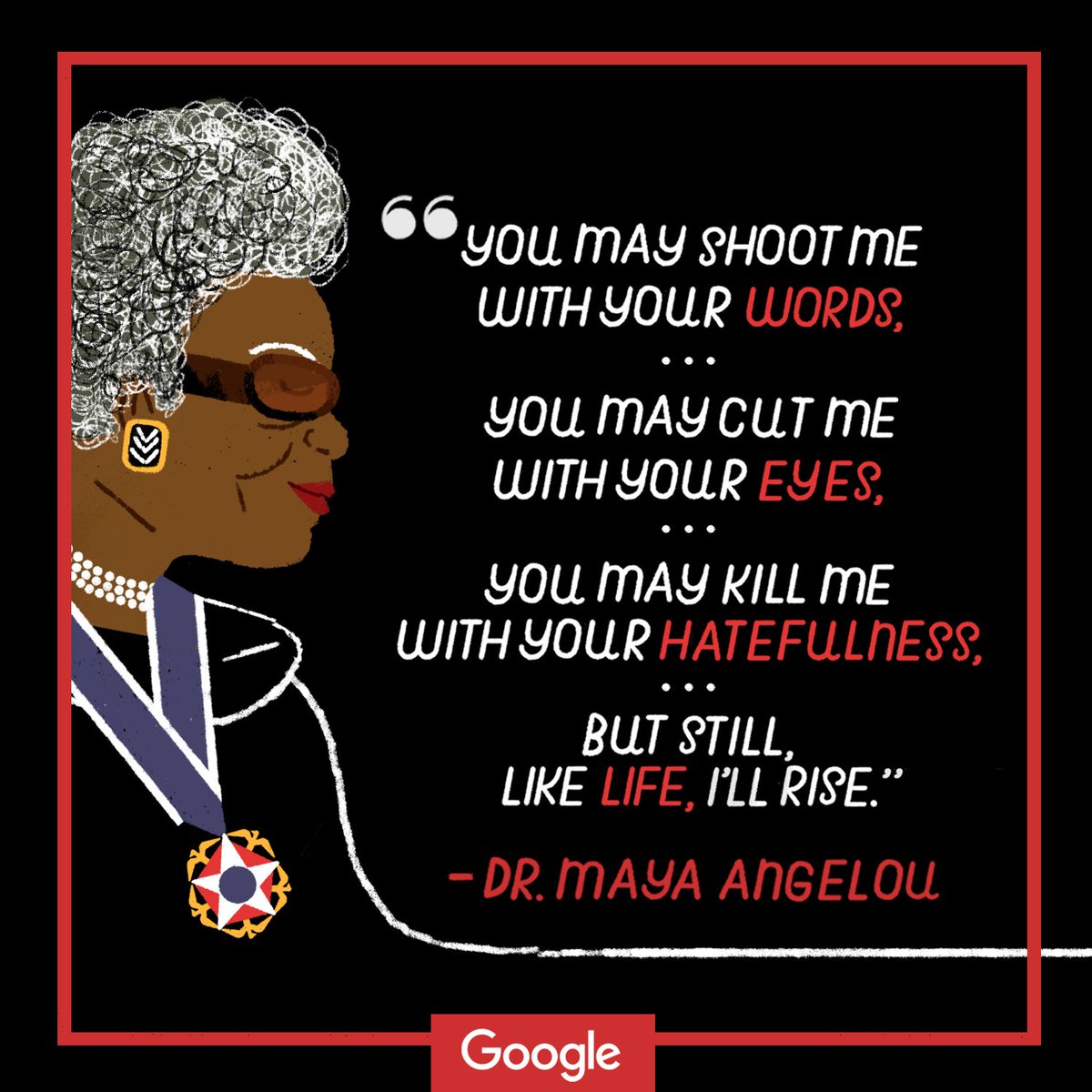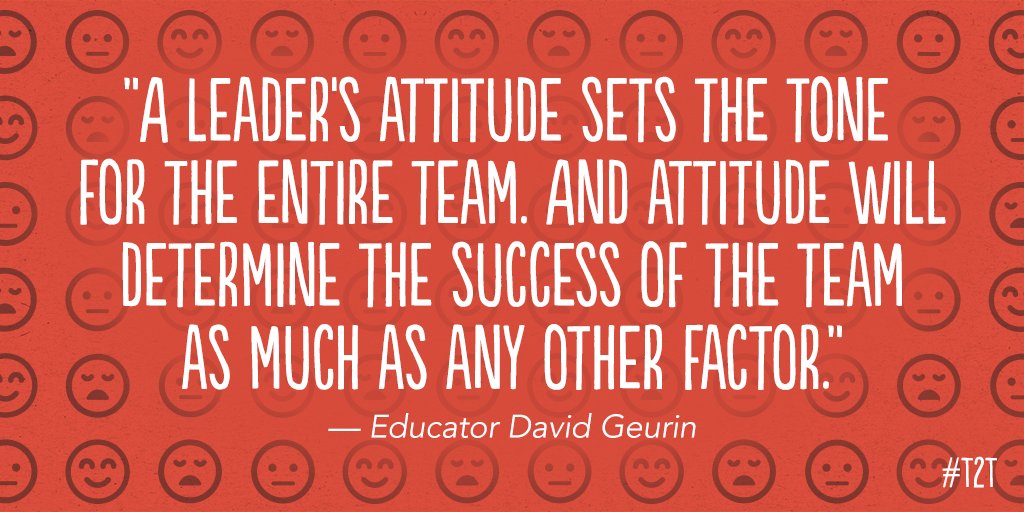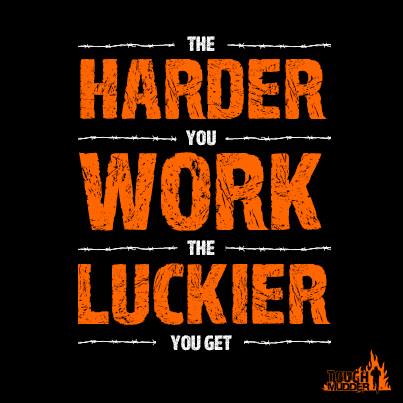
Wednesday, April 4, 2018
Tuesday, March 27, 2018
Friday, March 23, 2018
Thursday, March 22, 2018
Tuesday, March 20, 2018
Wednesday, March 14, 2018
Tuesday, March 13, 2018
An Unexpected Visitor
Kyle was sitting in his room doing his Read at Home assignment when he had an unexpected visitor show up to listen to him read.


Labels:
RAWYC,
Read at Home,
Reading Workshop
Tuesday, March 6, 2018
Monday, March 5, 2018
Wednesday, February 28, 2018
Slide Show Team Project
As Reading Workshop students begin work on a Google Slide Show project explaining how to read nonfiction, how the team works together will go a long way towards determining their success. This message should serve as a guide.

Labels:
Positive attitude,
Reading Workshop,
success
Tuesday, February 27, 2018
Thursday, February 22, 2018
Wednesday, January 31, 2018
Thursday, January 11, 2018
Help with Your Writing
Just copy your essay, go to Hemingway App, paste it into the webpage, and click on edit. This web page will give you tips on making your writing better.

Labels:
editing,
Hemingway App,
Reading Workshop,
Writing
Thursday, January 4, 2018
Online Outline
The best way to write an organized essay that makes sense is to organize your writing before you start. Here is a handy tool to help with that. The Outliner of Giants Online Outliner
Labels:
Outline,
Outliner of Giants,
Reading Workshop,
Writing
Wednesday, January 3, 2018
Writing an Argumentative Essay
An Argumentative Essay:
I. Introduction
1. Introduce the topic by giving background information that briefly explains the topic so that the reader will understand the topic to be argued. (3-4 sentences)
- Has a clear introduction
- States a focus/position statement clearly, precisely, and thoughtfully
- Uses specific evidence from the text(s) to support and develop the position, and explains that evidence logically
- Takes into account what people who disagree with you might think and tries to respond to that
- Concludes effectively
Keep in mind that an argumentative essay is based more on facts as opposed to emotion. When picking a topic you’re interested in, be sure to pick one that you can support with evidence and reasoning. You will need facts, statistics, and reports from sources you and your audience can trust.
I. Introduction
1. Introduce the topic by giving background information that briefly explains the topic so that the reader will understand the topic to be argued. (3-4 sentences)
2. Add the thesis statement that clearly and strongly states your opinion concerning the
topic. Writing a direct thesis by including the reasons in your thesis is optional.
II. Body Paragraphs
1. The first two (or more) body paragraph gives a reason that supports the opinion stated in the thesis. This reason is supported with facts, data, or information.
2. One paragraph discusses the opposite viewpoint. After you pose the counter argument, contest it. Say why the counter argument is faulty and why your argument is stronger.
III. Conclusion
1. Use a transition signal for the conclusion such as: in conclusion, to conclude, etc.
2. Restate the thesis in different words than you used in your introduction.
3. Summarize your main points.
4. End with a final comment on the topic.
topic. Writing a direct thesis by including the reasons in your thesis is optional.
II. Body Paragraphs
1. The first two (or more) body paragraph gives a reason that supports the opinion stated in the thesis. This reason is supported with facts, data, or information.
2. One paragraph discusses the opposite viewpoint. After you pose the counter argument, contest it. Say why the counter argument is faulty and why your argument is stronger.
III. Conclusion
1. Use a transition signal for the conclusion such as: in conclusion, to conclude, etc.
2. Restate the thesis in different words than you used in your introduction.
3. Summarize your main points.
4. End with a final comment on the topic.
Perhaps the biggest mistake people make in writing an argumentative essay is to state their opinions instead of facts. Remember that each claim you make must be supported by solid evidence if your argument is to hold up to the opposing views.
Here are some sample topics. To find the entire list, go to the RW Wiki Argumentative Topic List.
School and Kids
Is child behavior better or worse than it was years ago?
Is homework harmful or helpful?
Is Cheating Getting Worse?
Should Students Be Able to Grade Their Teachers?
Does Your School Hand Out Too Many A’s?
Technology
Are we too dependent on computers?
Are cell phones dangerous?
Do violent video games cause behavior problems?
Have people have become overly dependent on technology?
Does Technology Make Us More Alone?
Social Issues
Are Adults Hurting Young Children by Pushing Them to Achieve?
Should the Government Limit the Size of Sugary Drinks?
Which Is More Important: Talent or Hard Work?
Is Your Generation More Self-Centered Than Earlier Generations?
Sports
Does participation in sports keep teens out of trouble?
Is competition good?
Should Home-Schoolers Be Allowed to Play Public School Sports?
Does participating in team sports helps to develop good character?
If Football Is So Dangerous to Players, Should We Be Watching It?
Labels:
Argumentative Essay,
Reading Workshop,
Writing
The Way to Start the Year Right

Image from #teachergoals
Labels:
Hard Work,
Kindness,
Reading Workshop,
success
Tuesday, December 19, 2017
Monday, December 18, 2017
Subscribe to:
Posts (Atom)
















